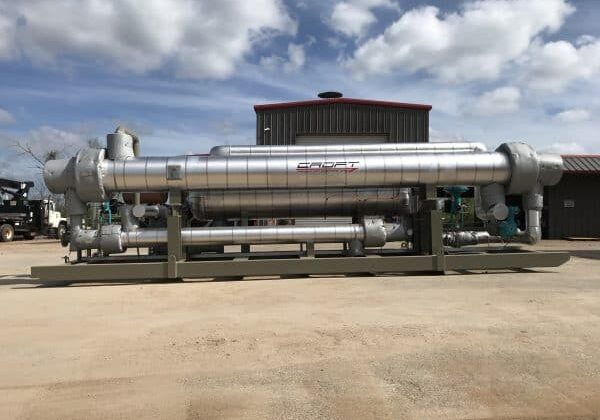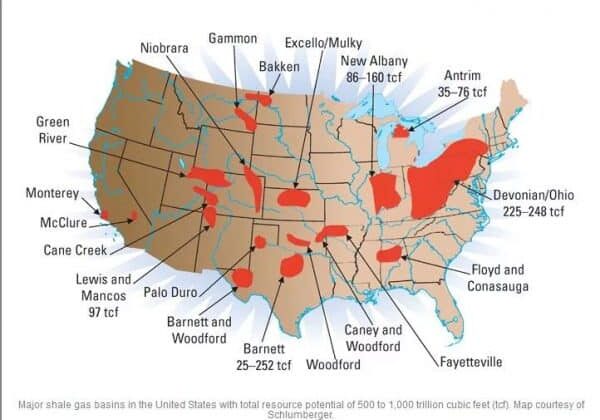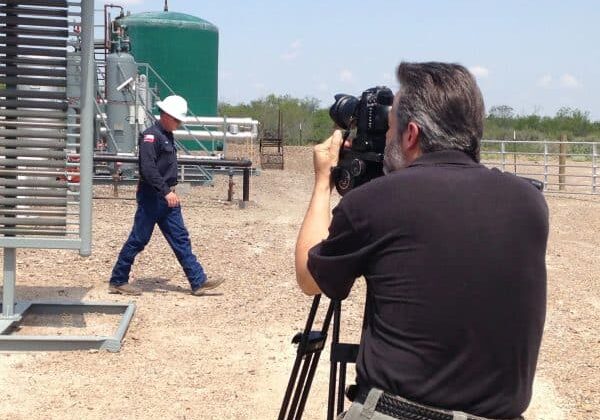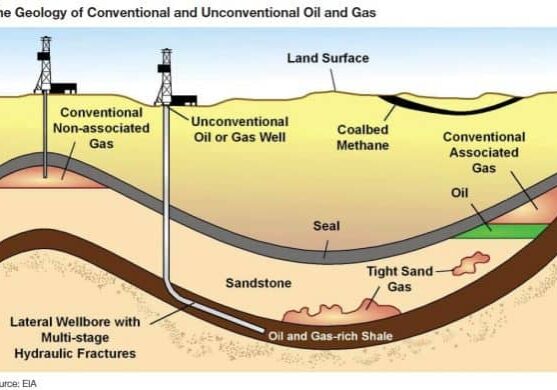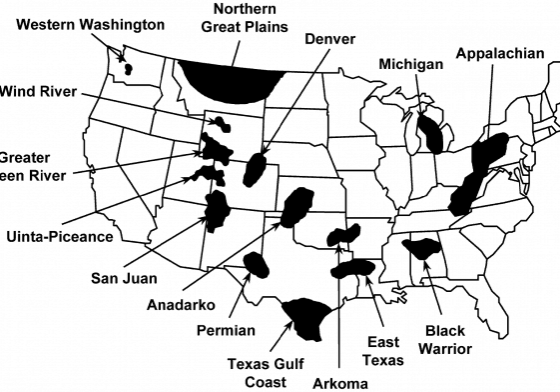So a few weeks ago I blogged about the 1975 ban on oil-exporting known as the Energy Policy and Conservation Act. At that time we were much more dependent on foreign oil than we are now. The thought behind it was to keep what we did produce domestically stored here for emergencies. Well, things have changed. We are producing natural gas and crude at higher levels and helping reduce our decency on foreign oil and gas. With all this, American Energy companies want to export oil and are fighting the 1975 ban. What I did not know when I was writing that blog was that a few companies have already worked very hard to find a way around the ban. Gotta love that American ingenuity…….and loopholes.
So how are companies getting around the 1975 ban? It’s all about definitions written in the EPCA ban.
The Commerce Department’s Bureau of Industry and Security (BIS) has defined crude oil as liquid hydrocarbons that have not passed through a distillation tower. This definition includes “reconstituted crude petroleum, and lease condensate and liquid hydrocarbons produced from tar sands and oil shale.” So that is stuff that cannot be exported.
Here is what can be exported, “condensates that have been processed through a crude oil distillation tower.” That one important step is what is allowing Enterprise Products & Pioneer Natural Resources to export oil.
Once again this change is prompting all kinds of oil and gas companies to lay out compelling reasons for lifting the entire 1975 crude oil ban.
- Exports would add supply to the global market
- Help to keep a steady supply in the market to stabilize prices
- Sustain domestic jobs
- Give producers access to the global market
- Grow the U.S.’s energy influence in a positive way
The great thing is that if the ban was lifted, the United States would be prepared to meet the global demand. We have a great port system and companies are working to strengthen the pipeline infrastructure.
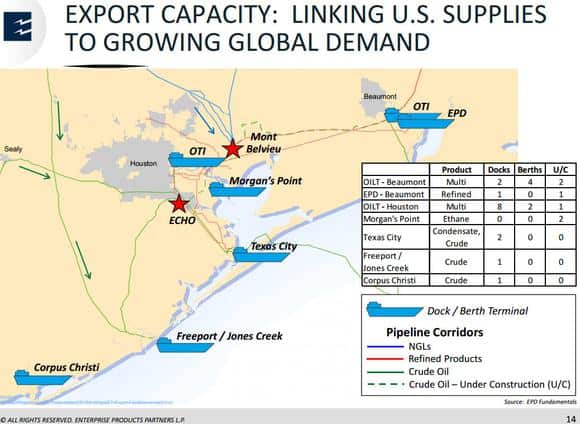
There is one thing that is upsetting to quite a few oil and gas companies. Enterprise & Pioneer are the only companies that have gotten approval to export these light crude or condensates. Understandably, these other companies are in an uproar. They want to be included in the exports so they can grow their business too. I will be keeping up on the matter to see what other companies are able to join the amended export game & when they are allowed to do it.
The last blog I wrote on the 1975 oil export ban I was on the fence about whether we should or should not lift the ban. Well, I have picked a side of the fence. I say lift it. With the abundance of jobs and commerce that can be created by lifting the ban, I think it is silly to have the almost 40-year-old ban. One thing I know for sure, there are a lot of people that agree with me.
References:
http://oilprice.com/Energy/Crude-Oil/US-Expands-Oil-Exports-To-Lightly-Processed-Condensate.html
http://fuelfix.com/blog/2014/06/24/feds-open-door-to-condensate-exports/
http://tjogel.org/exporting-condensates/
https://www.reuters.com/article/us-bhp-billiton-ltd-texas-oil-idUSKBN0IP16B20141105

